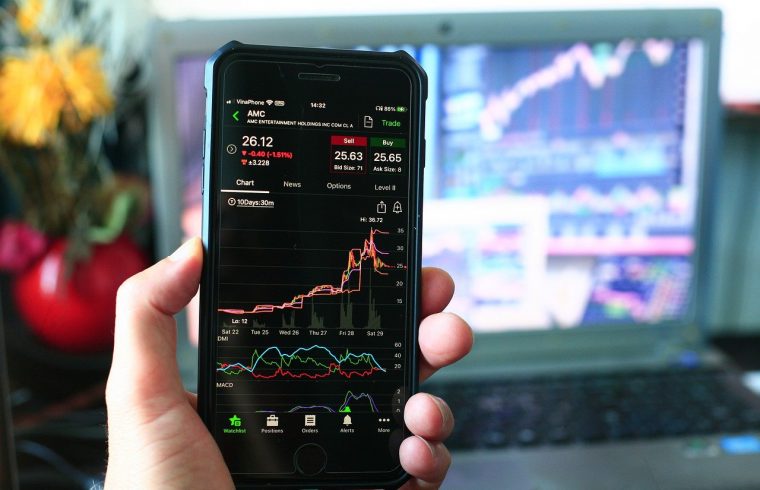Robinhood’s legal team has reportedly informed a Miami federal court that the settlement with investors suing the company is nearing completion, with expectations for a resolution and dismissal within the next two weeks.
The specifics of the settlement have not been disclosed in the court filing.
The group of investors, led by Blue Laine-Beveridge, accused Robinhood of “unlawfully manipulating market prices” and causing financial losses by restricting the purchase of selected stocks from January 28 to February 4, 2021.
The plaintiffs argued that Robinhood’s actions “wiped out tens of billions of dollars of investors’ equity” by selectively limiting trades. They held shares in various companies impacted by these restrictions, including GameStop, AMC, Bed Bath & Beyond, BlackBerry, Nokia, trivago, Koss, Express Inc., and Tootsie Roll.
The investors’ lawsuit is part of a larger wave of litigation across multiple U.S. jurisdictions regarding Robinhood’s handling of meme stocks. The nearing settlement comes after United States District Judge Cecilia Altonaga denied the investors’ attempt to file a new motion for class certification on April 19, following a similar denial in November 2022.
Robinhood’s controversial decision to halt trading in popular meme stocks during a period of heightened market volatility in early 2021 led to widespread criticism and multiple lawsuits. The popular app is working to finalize a settlement with investors who sued it for halting the trading of certain meme stocks in 2021, including GameStop.
A U.S. federal court also ruled that retail investors cannot pursue negligence and breach of fiduciary duty claims against Robinhood due to its customer agreement, which allowed the brokerage to restrict trading. The plaintiffs plan to appeal the decision on behalf of investors not bound by the Robinhood customer agreement.
Earlier in 2023, the North American Securities Administrators Association (NASAA) issued a $10.2 million penalty against Robinhood over poor communications with its customers and trading outages on its platform in 2020.
In March 2020, Robinhood experienced a platform outage that lasted for two days, preventing users from buying or selling securities during one of the most volatile periods in the stock market’s history. As a result, many users missed out on potential profits, and some even lost money.
Several lawsuits were filed against Robinhood following the outage, with plaintiffs alleging that the company’s negligence caused them financial harm. The lawsuits sought damages for the losses suffered by users as a result of the platform outage.












